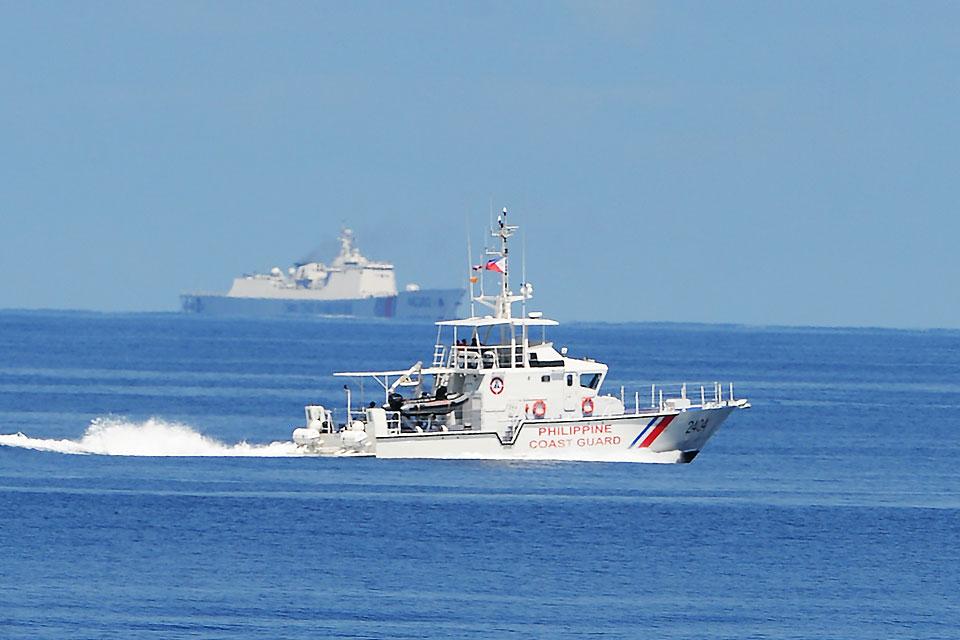DFA chief urges creation of archipelagic sea lanes in West Philippine Sea

Foreign Affairs Secretary Enrique Manalo on Thursday suggested the creation of, at most, three Archipelagic Sea Lanes (ASL), to be identified by the Philippine president.
According to the United Nations Convention on the Law of the Sea (UNCLOS), an archipelagic state may designate sea lanes "suitable for the continuous and expeditious passage of foreign ships and aircraft through or over its archipelagic waters and the adjacent territorial sea."
Using archipelagic sea lanes means the exercise, in accordance with UNCLOS, "of the rights of navigation and overflight in the normal mode solely for the purpose of continuous, expeditious and unobstructed transit between one part of the high seas or an exclusive economic zone and another part of the high seas or an exclusive economic zone."
Speaking before the Senate special committee on Maritime and Admiralty Zones, Manalo said limiting the ASL to three would be due to limited resources to monitor Philippine waters.
This suggestion is the unified position arrived at by the National Task Force on the West Philippine Sea (WPS) and was already presented at the House of Representatives on May 23, Manalo added.
“Given its status as one of the largest archipelagic states in the world, thus, together with our partner-agencies in the Executive Branch, we took the effort of coming up with a unified position on the Archipelagic Sea Lane bills anchored on three specific elements: The number of ASL should be limited to three; executive designation; and the pursuit of parallel designation processes in Congress and the International Maritime Organization or IMO,” Manalo said.
“We consider it important for the president to have sufficient leeway to identify these lanes, especially when there are clear and compelling reasons to designate alternatives. These scenarios include threats to national security as well as environmental catastrophes,” he added.
The DFA chief acknowledged the importance of an ASL Law as well as the proposed Maritime Zones Law, saying these would be “crucial in putting our archipelagic house in order as it allows the Philippines to fully comply with its treaty obligations under UNCLOS, as well as bolster its standing as a staunch adherent of a rules-based international order.”
“The enactment of an Archipelagic Sea Lane law has significant national security, diplomatic and practical implications for the Philippines,” he added.
Experts earlier urged the passage of a maritime zones law, saying that having such a law would bolster the Philippines' position in asserting its sovereignty over the West Philippine Sea.
Currently, there are seven bills filed on the Philippine Maritime Zones Act while there are four bills on the Philippine Archipelagic Sea Lanes.
Tolentino and Senate President Juan Miguel Zubiri said in August that the Senate will fast-track the passage of the Philippine Maritime Zones bill amid China’s release of the new 10-dash line map which places nearly the entire South China Sea within its national boundaries. — BM, GMA Integrated News





